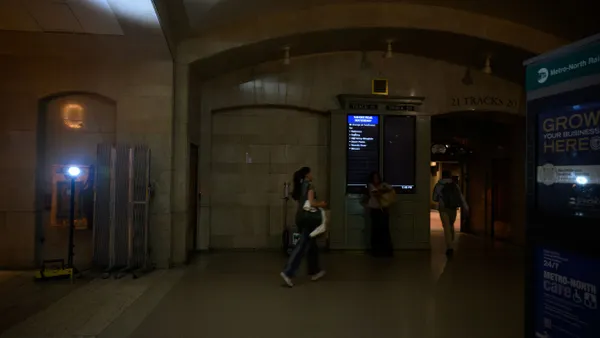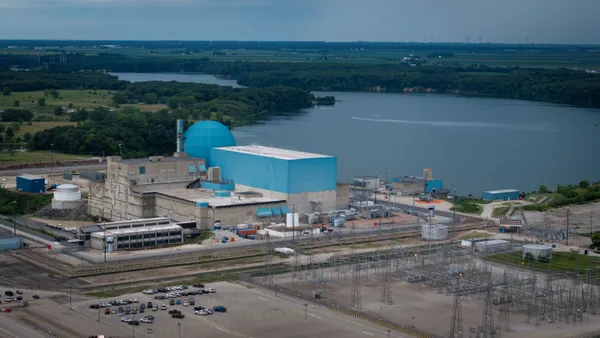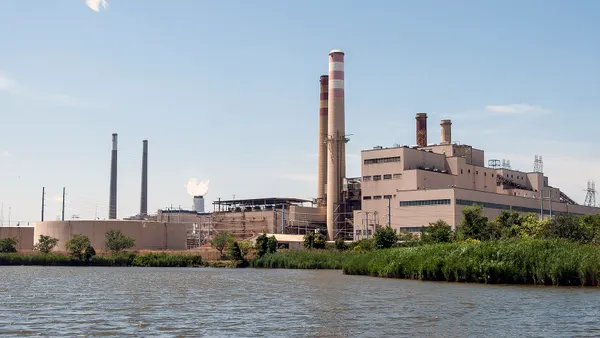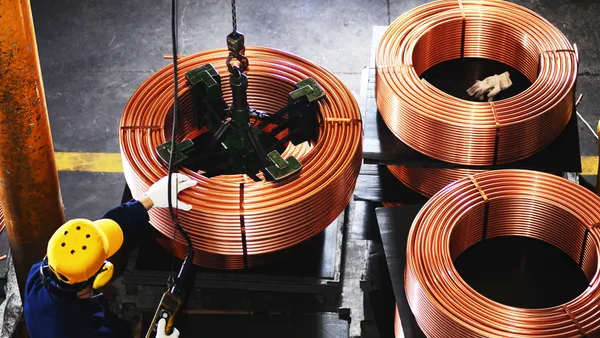Dive Brief:
- An attorney for the Arizona Corporation Commission (ACC) filed with the state Supreme Court this week, requesting the justices reject arguments from the Sierra Club that trash-burning generation failities do not qualify as renewable resources under state law.
- Sierra Club attorneys argue that the state’s renewables mandate defines qualifying sources as solar, wind, and biomass, biogas or methane from landfills, but excludes biofuels generated from municipal solid waste, the Arizona Daily Sun reports.
- In 2011, the commission ruled that Mohave Electric Cooperative could count generation from a waste-to-biofuels facility toward the state's 15% by 2025 renewables mandate because the facility would replace conventional energy sources like natural gas, coal and nuclear.
Dive Insight:
ACC attorney Wesley Van Cleve argued in his filing that the 2011 commission decision recognized waste-to-biofuels combustion as an experimental renewable. He noted that the federal government includes electricity generated from burning organic matter as a renewable resource, and that the commission approved the plant in a 3-2 vote because its generation would diversify Arizona’s renewables mix.
Van Cleve also made a broader argument about the aim of renewables mandates, the Daily Sun reports, writing that "the objective of the renewable energy rules is to achieve resource diversity in generation facilities in order to protect the public from fluctuations in fuel prices and to promote system reliability."
Envieronmentalists, however, see a push toward decarbonization and sustainability as a primary aim of renewables mandates, and say that burning biofuels from waste can often be as polluting as fossil fuel plants.
Further investment in research is needed, according to the Sierra Club Guidance on Biofuels. Technological advances make algae biofuels, combined with municipal sewage treatment, commercially viable.
Waste streams that could be commercially viable as biofuel feedstock include vegetable oils, waste animal fats such as lard, landfill gas, and segregated yard and tree trimming waste. They are potentially sustainable or good for the environment but “none of them are immune to bad practices and degradation of some aspect of the commons.”
The court’s decision will likely determine whether other waste-to-biofuels facilities are built in the state, and whether other utilities will be granted the surcharge allowed to Mohave Electric to cover the higher cost of electricity from the facility. The plant, which is yet to be built, is planned to accept about 500 tons of trash a day, a quarter of which will be recycled as the rest is burned to generate electricity.














